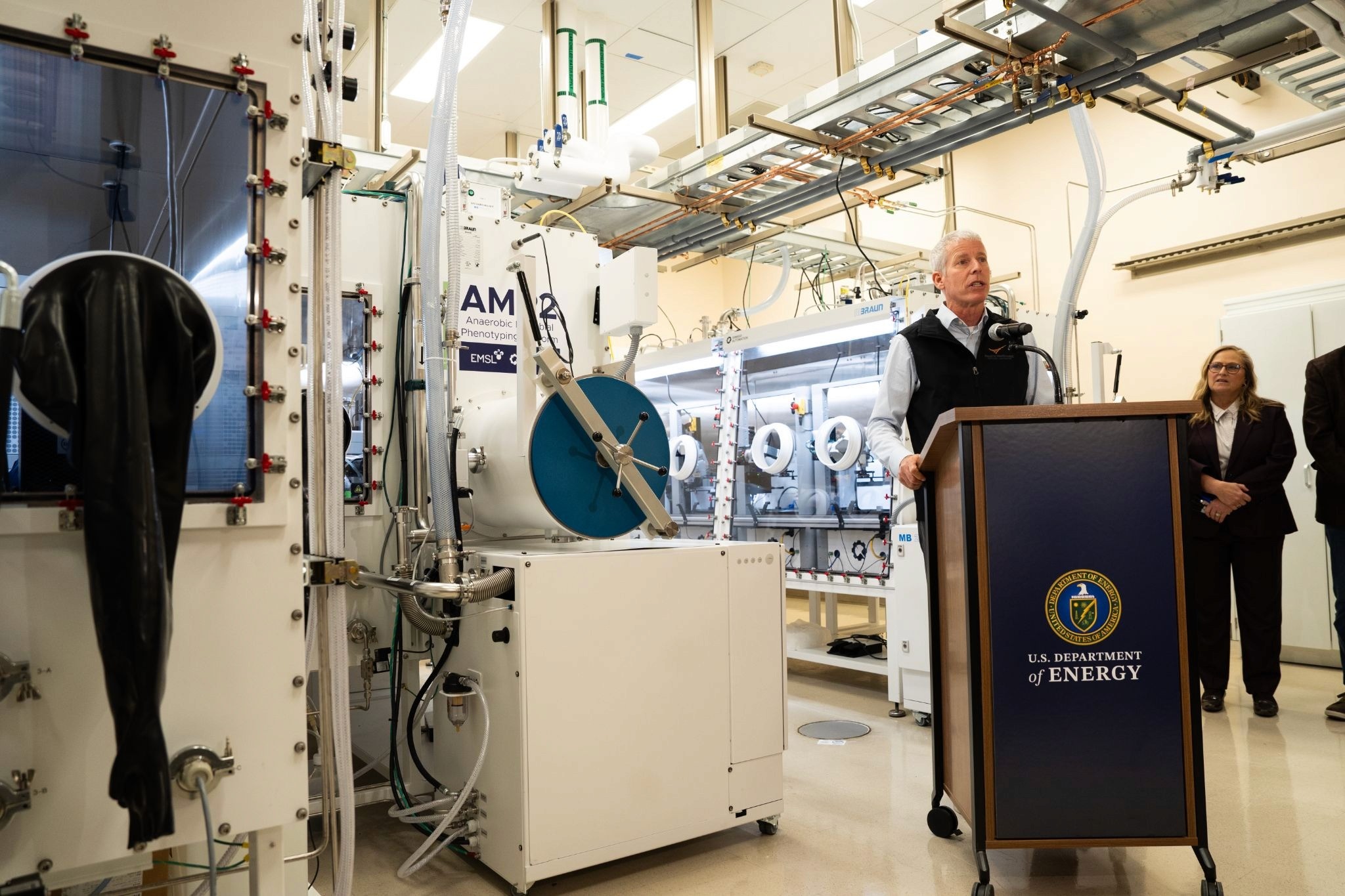Abolis Biotechnologies Lands €35M to Boost R&D and Address Biotech Market Challenges
The new funding will help Abolis Biotechnologies accelerate product development and strengthen collaborations with industry leaders like L'Oréal and Evonik.
Oct 9, 2024
[Marius Dumitrescu's Images/ Canva]
Abolis Biotechnologies, a company focused on developing industrial solutions using microorganisms, recently announced the successful closure of a €35 million funding round led by an international consortium of investors. This investment will drive the company’s global expansion and enhance its research and development efforts to introduce innovative biomanufacturing and microbiome solutions.
Key contributors to this strategic investment include major industry players like BOLD (L'Oréal's venture capital fund), Evonik Venture Capital, and several impact-focused funds such as DeepTech & Climate Fonds (Germany), Clay Capital (Singapore), ICOS Capital (Netherlands), and the transatlantic firm Liberset.
The fresh capital will allow Abolis to scale its biomanufacturing capabilities, accelerate its business development, create new product lines, and further expand the operations of Microbiome Studio, its unit dedicated to understanding and engineering microbial ecosystems.
Though Abolis could not disclose specifics of its new products as of this writing, the raise will not change the company’s core direction, insists Abolis CEO Cyrille Pauthenier. The company’s strategy remains evenly spread across food ingredients, cosmetic ingredients, and pharmaceuticals, with specialty chemicals playing a minor but growing role.
This investment also comes with the signing of a new strategic industrial partnership between Abolis, L’Oréal, and Evonik to commercialize selected innovations in healthcare, cosmetics, and the chemical industry.
Even with this suite of good news, the biotech industry is still going through a challenging time. Asked if the company’s raise signaled better times ahead for the industry, Pauthenier expressed his doubts. “Many companies in this sector have created a significant amount of hype on the technology, sometimes to support their overvaluation. This has led to unrealistic expectations and timelines, which have not been met, resulting in disappointment among customers and investors,” says Pauthenier.
Pauthenier shares the same perspective as many industry experts—that we are in a market correction, particularly for those companies that have struggled to deliver on their initial promises.
Abolis appears to have been insulated from much of the recent market fluctuations. The company raised €1 million ten years ago and has relied on sales revenue ever since. Still, Pauthenier has strong confidence in the industry as a whole. “Industrial biotechnology is highly technical, takes time to achieve, and involves risks. The [industry] is currently limited by certain economic equations focused on high-value-added molecules. Nevertheless, we are convinced that this is an essential technology for tomorrow's industry… We have to be patient, it will just take time for some applications,” he explains.
Capital is not the only roadblock to making biotech products a part of everyday life. Pauthenier summarises these as competitiveness, feedstock, development times, and cost. Starting with competitiveness, Pauthenier says there is almost no premium for sustainability except in some niche markets. A biotech process should be cost-competitive by design. “It seems obvious to say so, but I know many company projects which, by design, are not,” he says.
Feedstocks also pose a hurdle in successfully scaling the bioeconomy. A purpose-grown feedstock is fine for limited volumes; it’s impossible to scale the biochemical industry using these resources alone. There simply isn’t enough land to grow those millions of metric tonnes. Pauthenier and the Abolis team are actively looking at the problem, “I strongly believe the solution will come as a combination of green energy, gas chemistry of CO2 and H2 (e-methanol, e-acetate, e-ethanol), and biotechnology. Gas-based fermentation of CO2 and H2 may remain limited due to the difficulty of gas transfer in water and industrial challenges,” Pauthenier explains. However, gas fermentation, particularly of waste industrial gases, also has significant potential in helping to decarbonize heavy industry.
Lastly, Pauthenier points out that it took a decade to develop amino-acid production at single-digit costs. “And most products which interest the industry today is much harder to make than amino acids,” he adds. The industry needs to gain significant operational efficiency to scale. The Abolis team is building technological bricks that they can reuse on multiple projects to save time. “Robotics and data management is of great help. In my opinion, it will take another decade for the field to be mature enough to be able to develop a biotech process with the same efficacy as chemical synthesis. But that's our goal,” says Pauthenier.
In the meantime, Abolis will push forward with its successful raise and expand its production of higher-value products.


















